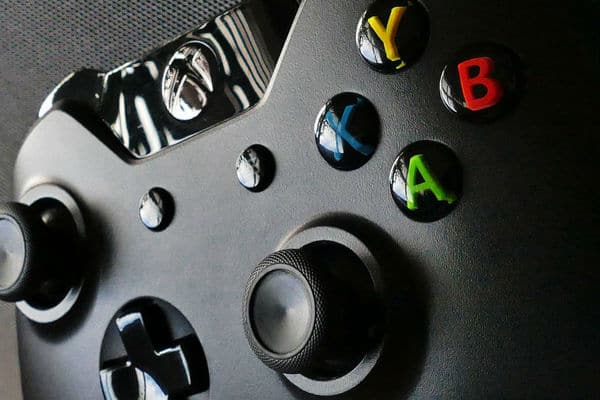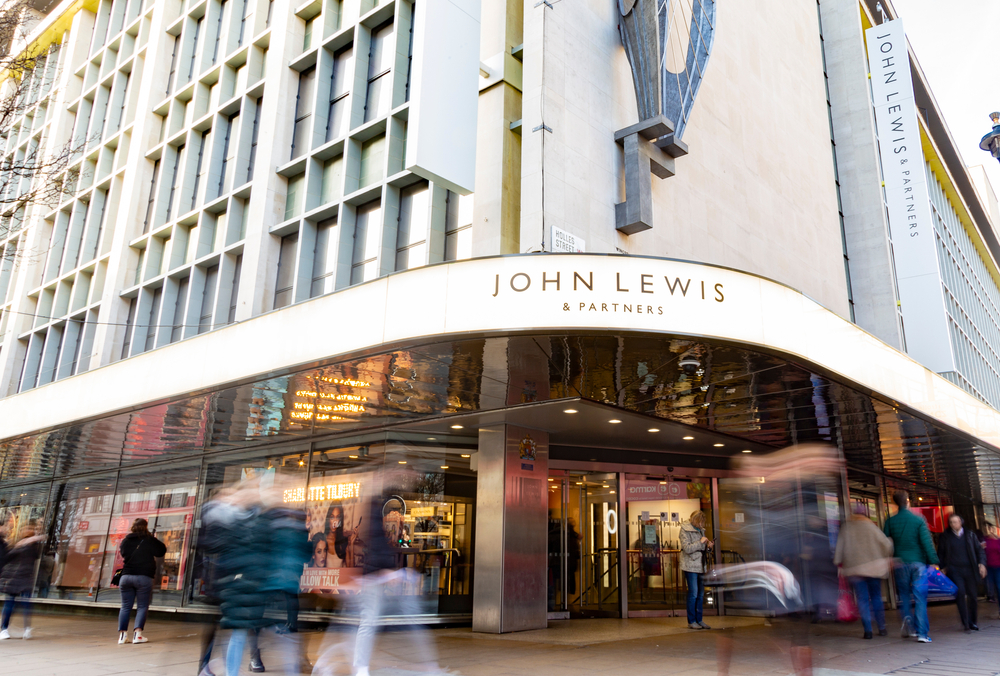The UK gaming retail industry was worth nearly £4.2 billion in 2015, up a healthy seven per cent from the year before.
It is predicted that over 40 per cent of the population plays video games, and of them 61 per cent pay for them. The average gamer spends over 8.8 hours a week playing games.
Statistics also show that console gaming is still by far the UK‘s favorite way to game, with over 28 million physical games being sold last year.
With such a huge potential audience and such positive statistics, why are sales in gaming retail seeing unprecedented decline?
Last week Game reported a devastating 84 per cent decline in sales. This follows repeated reports of struggling sales for the retailer. HMV attributed its £8.8 million fall in profits largely to a decline in physical media.
Moreover, July was reported as the worst ever month for gaming, with Kantar saying physical entertainment sales dropped by 8.3 per cent last year.
READ MORE: HMV profits battered by decline in physical media
In 2014 the UK high street video game market grew by 12 per cent. This was largely sparked by the launch of “next gen” consoles, seeing the release of the PlayStation 4 and Xbox One.
“We’re even seeing similar technology come through where instead of buying a game you can just stream it via the cloud.”
What is notable about 2014 is that it is the first time “in more than a generation” that physical games sold less than £1 billion, reaching just £948 million.
Last year this sharp decline continued, with physical game sales down six per cent from the year before.
“A new digital streaming age where people subscribe to access massive virtual libraries of music tracks or all-you-can-eat-films and box sets making physical DVDs and CDs inert. And now it‘s happened to computer Games,” Momentum Worldwide director of creative strategy Dean Taylor said.
READ MORE: Game’s profits tumble 84%
“More sophisticated consoles and mobiles with hard drives and storage allow titles to be bought direct from the makers online usually with competitive discounts, promos or updates thrown in.”
Figures support this: sales of points cards, Xbox Live and PSN membership codes rose by seven per cent last year. Research from BroadbandGenie found that 38 per cent of gamers had bought a game from a digital store in the past 12 months.
“There’s no doubt that we will see growth in digital downloads over the next few years.”
Rob Hilborn of BroadbandGenie commented: “Whilst not massive, it does suggest that gamers are starting to warm to the idea of digital downloads. Personally I think the game industry is going through a similar transition to that of the music industry, people tend to buy digital or stream vs buying at a store.
“We’re even seeing similar technology come through where instead of buying a game you can just stream it via the cloud PlayStation Now is a good example of this.
RELATED: July worst month on record for UK gaming retail
“However, I think one big factor that will limit the growth of digital downloads is broadband speeds. The size of video games can run as large as 60GB and seem to still be increasing. On the average UK broadband connection, a 40GB game will take over seven hours to download.
“There’s no doubt that we will see growth in digital downloads over the next few years. However, I think the speed of this growth is going to depend on whether broadband speeds improve and if the likes of Sony and Microsoft decide to (offer) better value than the traditional retailer.”
Click here to sign up to Retail Gazette’s free daily email newsletter


















